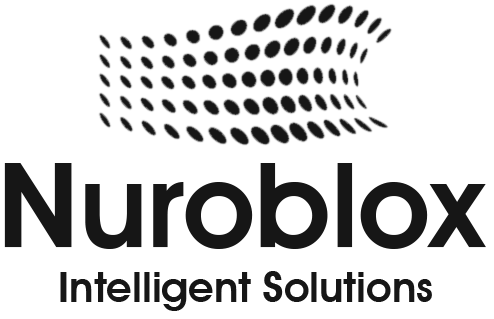AI Assistant
- Home
- AI Assistant
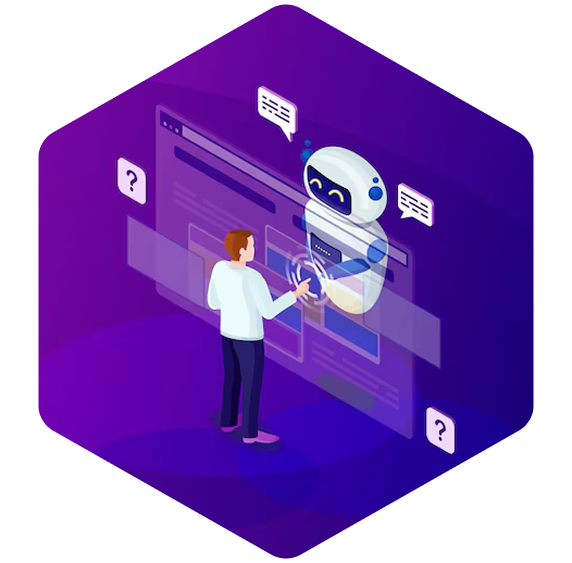
// ABOUT AI ASSISTANT
AI Assistant
AI assistants are essential digital companions that help employees streamline daily tasks, quickly access important information, and automate repetitive processes that can hinder productivity.










What Are AI Assistants?
AI assistants are intelligent digital tools that are transforming how we work and live. From scheduling meetings and drafting emails to generating templates and summarizing documents, these smart helpers are redefining productivity in the modern workplace. By handling repetitive and time-consuming tasks, they free up our time for higher-value work-like creative thinking, strategic planning, and strengthening relationships with clients and colleagues.
Outside the office, AI assistants like Siri, Google Assistant, and Microsoft Copilot help manage personal routines, control smart home devices, provide tailored recommendations, and assist in content creation. Their ability to learn from user preferences makes them increasingly intuitive and useful.
As the technology advances, AI assistants are becoming more capable and versatile. Whether you’re a professional, student, or just looking to simplify life, these digital companions are transforming the way we live and work. Helping us do more, faster and smarter.
Key Benefits of AI Assistants
Increased Productivity
AI assistants handle repetitive tasks like scheduling, data entry, and reporting. Freeing up teams to focus on strategic and creative work, while ensuring operations run smoothly around the clock.
Enhanced Customer Service
With 24/7 availability, AI assistants deliver instant, personalized support. They improve response times, resolve common issues efficiently, and help build stronger customer relationships.
Cost Efficiency
By automating manual processes and reducing human error, AI assistants help lower operational costs and reallocate resources to higher-impact business activities.
Cost Efficiency
By automating manual processes and reducing human error, AI assistants help lower operational costs and reallocate resources to higher-impact business activities.
Types of AI Assistants
In contrast, business AI assistants are designed to enhance productivity and streamline operations within organizations. These include personal desktop assistants that support employees by automating repetitive tasks like scheduling, email management, and data analysis, as well as intelligent chatbots that engage directly with customers to provide real-time support and recommendations. Together, they help businesses work smarter, reduce response times, and deliver more personalized experiences at scale.
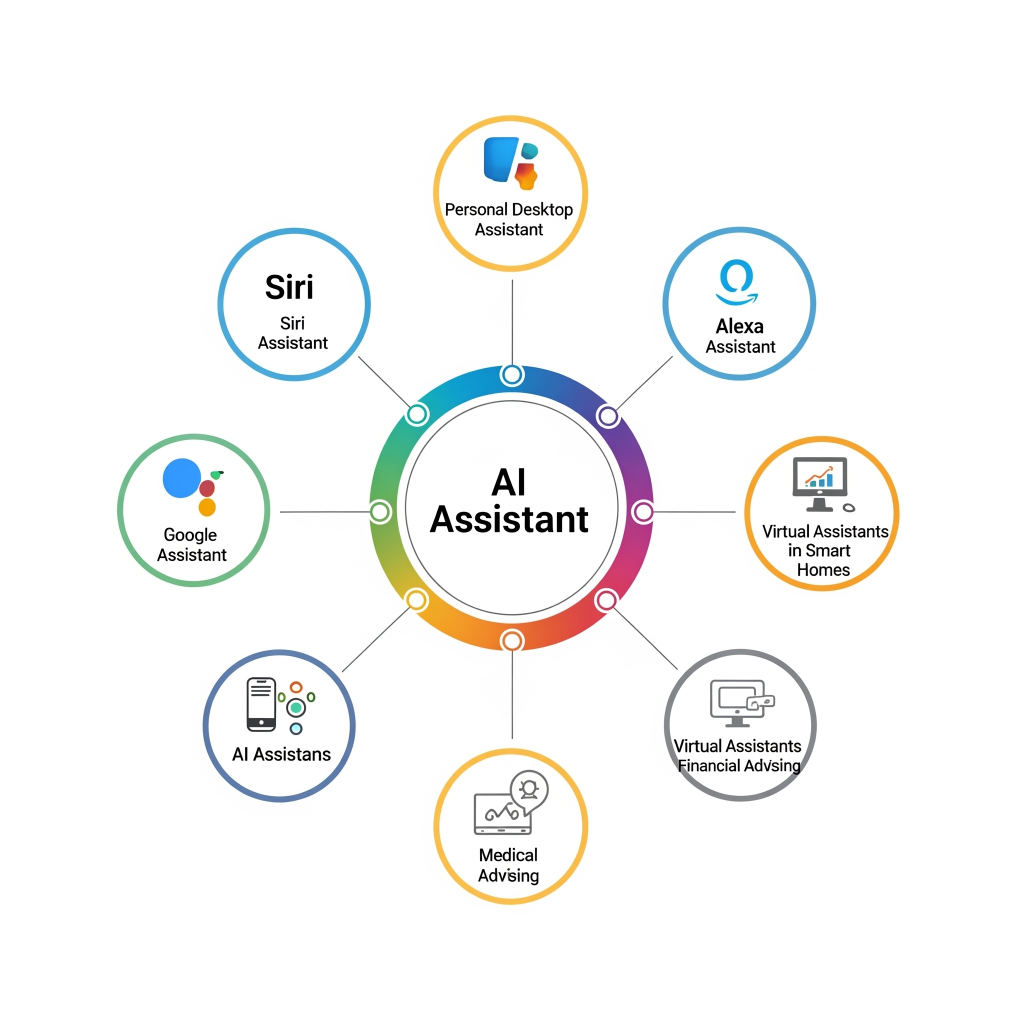
We’re Here to Assist You and Address
All Your Questions Anytime!
Emerging Trends in AI Assistants
Explore how agentic AI is transforming key industries through intelligent, autonomous systems that drive efficiency, innovation, and smarter decision-making.
IoT Integration
AR & VR Integration
Personal Coaching
Ethical AI

IoT-Driven Intelligence
AI assistants are becoming core to smart environments through IoT integration. From climate control and inventory tracking to predictive maintenance, they’re powering intelligent, responsive systems in homes, offices, and cities.

AR & VR Integration
The blend of AI with augmented and virtual reality is redefining user interaction. AI assistants are now active in immersive training, virtual service experiences, and real-time AR overlays, enhancing both engagement and usability.

Proactive Guidance
Evolving beyond task management, AI assistants are becoming personalized coaches. Offering wellness tips, productivity support, and career insights tailored to user goals and behavior patterns.
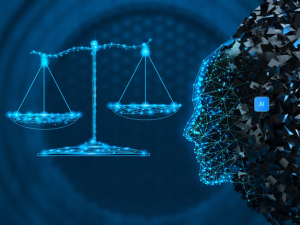
Responsible Innovation
As AI grows more powerful, ethics and transparency take center stage. The focus is shifting to AI assistants that are privacy-conscious, fair, and aligned with human values. Building trust and responsible engagement.
AI Assistant Use Cases
by Industry
Key Challenges in Adopting AI Assistants
Integration Complexity
Seamlessly connecting AI assistants with existing tools, platforms, and workflows can be challenging. Legacy systems, siloed data, and inconsistent processes often create roadblocks that require thoughtful planning and technical expertise to overcome.
Human Adoption
Employees may resist AI assistants due to fear of job displacement or unfamiliarity with the technology. Clear communication, training, and a focus on how AI supports rather than replaces human roles are crucial for driving user acceptance.
Continuous Learning
AI assistants aren’t “set-and-forget” tools. They require regular updates, performance monitoring, and feedback loops to stay accurate, relevant, and aligned with evolving business needs and user expectations.
Continuous Learning
AI assistants aren’t “set-and-forget” tools. They require regular updates, performance monitoring, and feedback loops to stay accurate, relevant, and aligned with evolving business needs and user expectations.
